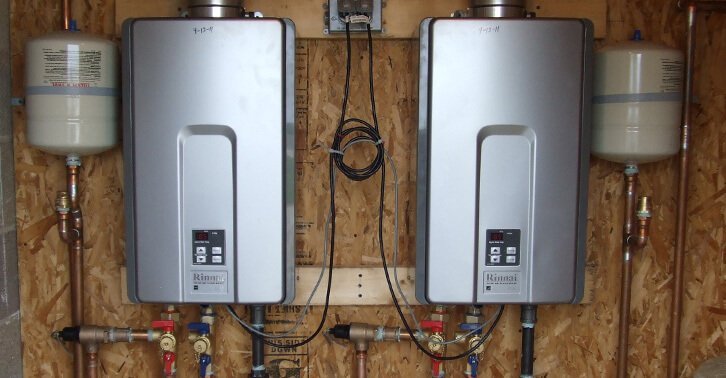
4 Popular Misconceptions About Tankless Water Heaters Debunked
Confused about tankless water heaters in Sacramento? We clear up the top 4 misconceptions about installation, efficiency, and more. Contact America’s Plumbing Co. for expert help.

Confused about tankless water heaters in Sacramento? We clear up the top 4 misconceptions about installation, efficiency, and more. Contact America’s Plumbing Co. for expert help.
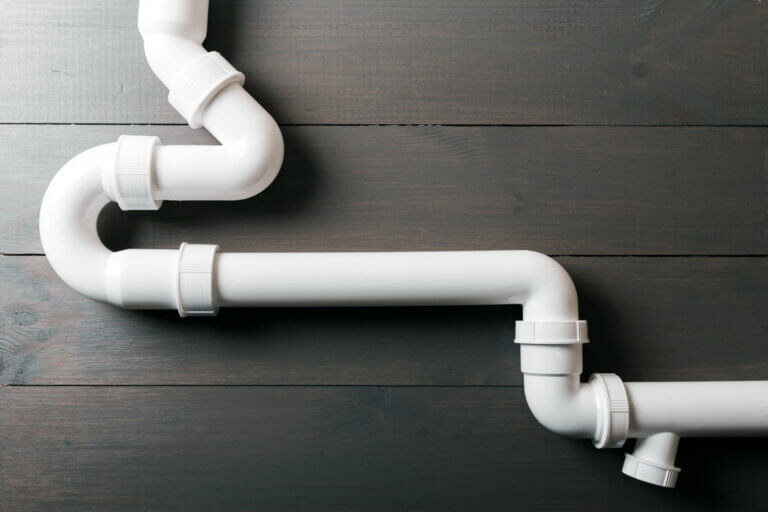
A simply nightmarish matter for homeowners of all backgrounds, finding out that you need sewer repair or replacement can be a bit frustrating. One of the main components of a functioning home, matters in regards to sewer malfunction must be handled immediately. Don’t wait until your sewer system has wreaked havoc on your home to address this issue. The following
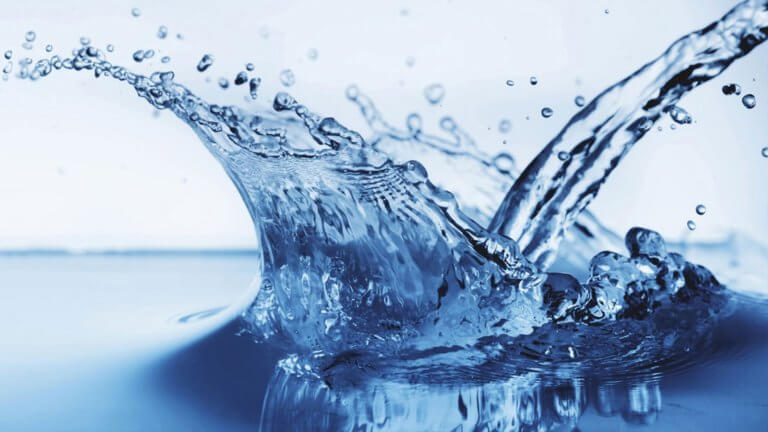
Utility bills are a fact of life, but you do have control over how much you put out each month. If you are paying a water bill, you know that costs can get surprisingly high. Water isn’t cheap, and in some locations, it’s quite expensive. If you are a growing family that takes showers, does multiple loads of laundry weekly
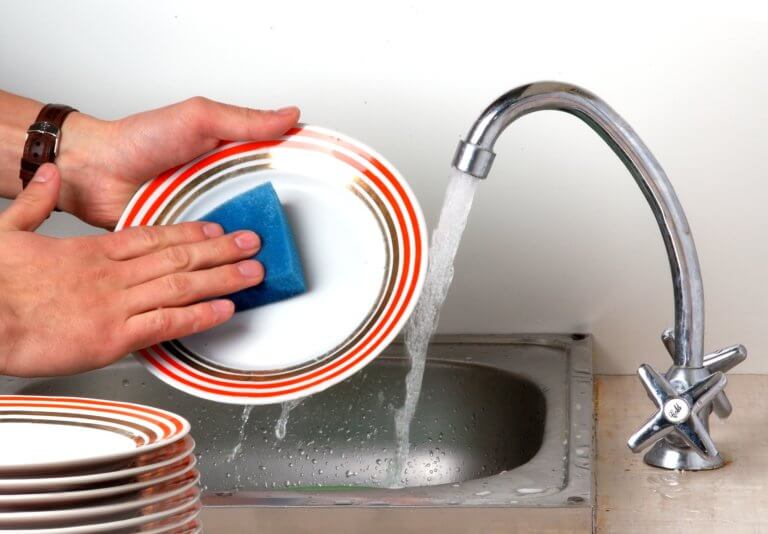
Clogged drains can be a frustrating nuisance, but having a dirty drain during the holidays could mean bursting pipes in your home. The winter season already puts enough strain on your plumbing, freezing your pipes and wearing down your water heater. No homeowner wants a home flooded from a burst pipe, which is why it’s important to keep your drains
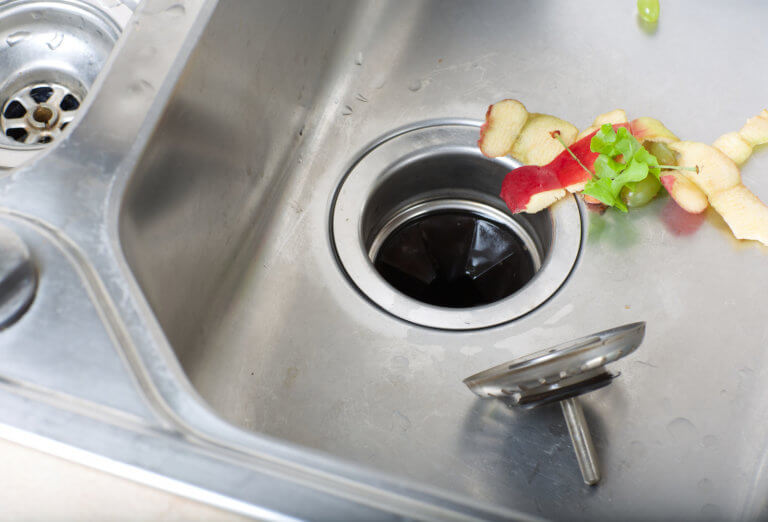
A garbage disposal is a great appliance to have. But contrary to popular belief, most waste should never go down your garbage disposal. Unfortunately, plumbing problems can be common, and your disposal system is no exception. Like any appliance, your garbage disposal needs routine cleaning and maintenance to function properly. A garbage disposal is a great appliance to have, but
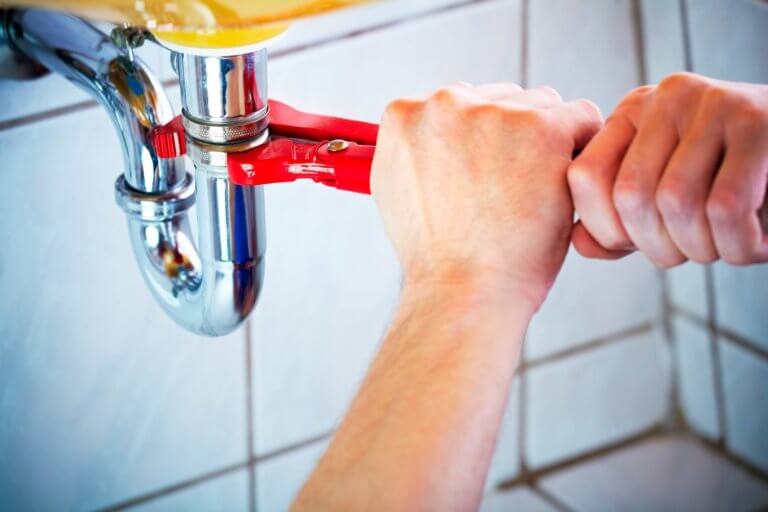
Most of us forget our homes conceal intricate plumbing systems. We expect our home plumbing to function as designed. Yet it is possible to improve home plumbing efficiency with some proactive measures. The tips outlined below just might prevent a nasty problem from rearing its ugly head down the line in the form of a broken plumbing fixture that must
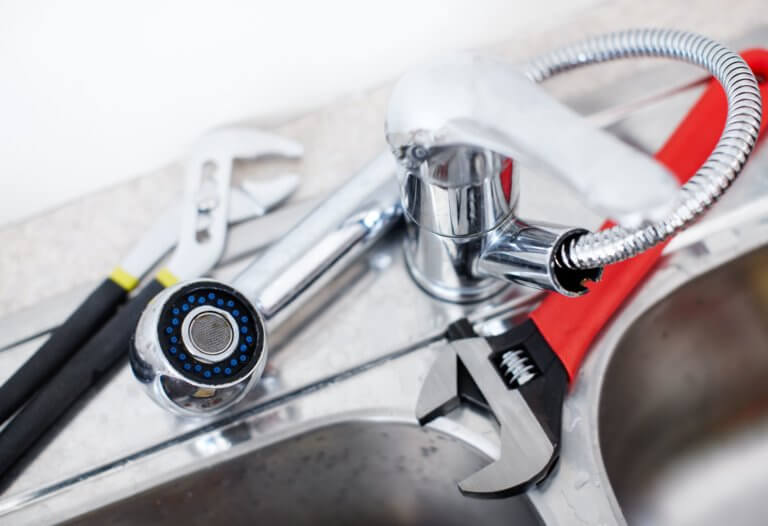
How often do you really think about breathing? Unless you’re out of breath or you can’t catch your breath, probably not much. It’s just something your body does automatically without you focusing on it. Your plumbing system is the same way. It just works quietly in the background, doing its job. Just like sudden shortness of breath though, you don’t
We are fast and reliable. Same day service
All Plumbing Services – All Areas
Sacramento – North Highlands – Natomas – Elk Grove – Pocket – Rancho Cordova – Carmichael- Fair Oaks – Arden – Midtown – Roseville – Rocklin – Lincoln – Granite Bay – Antelope
